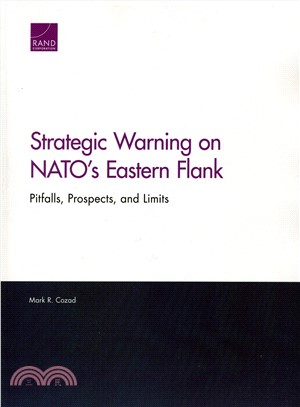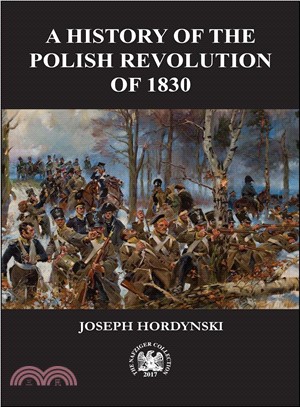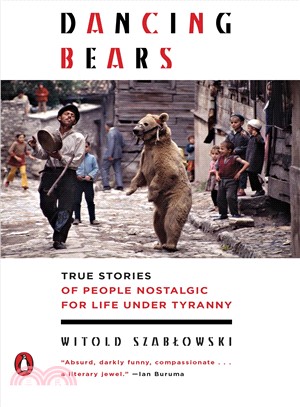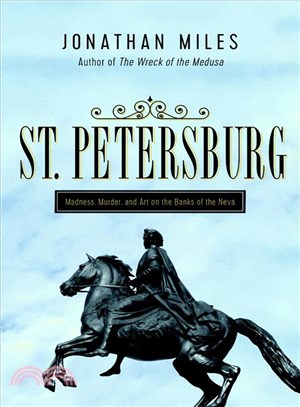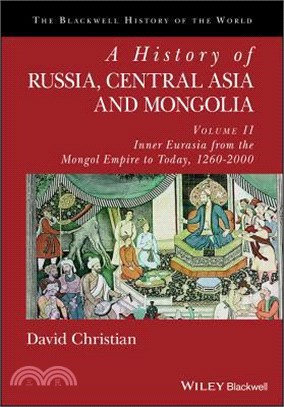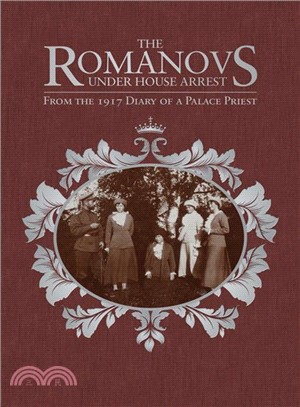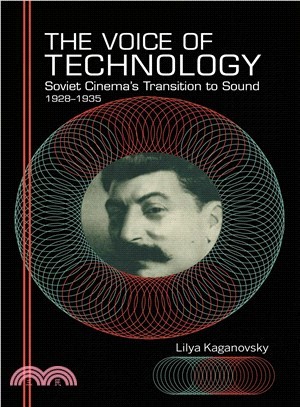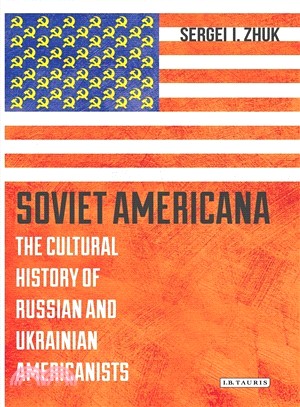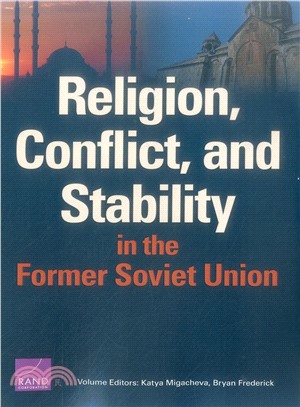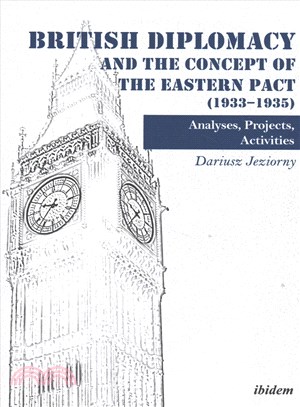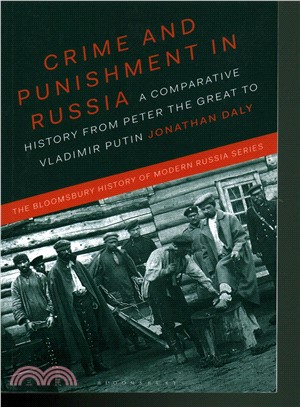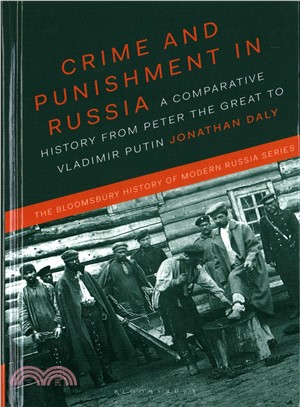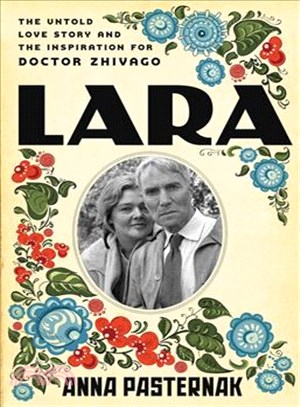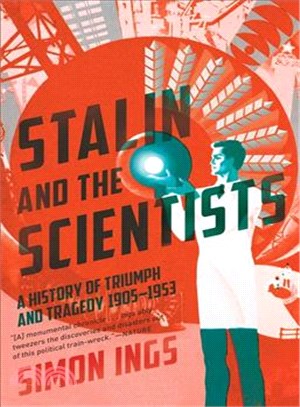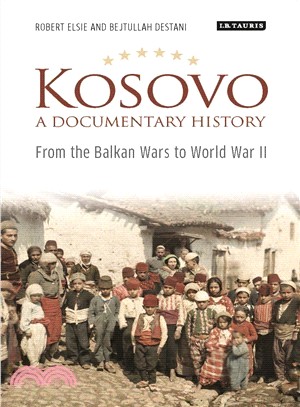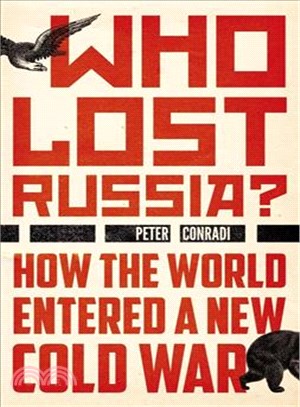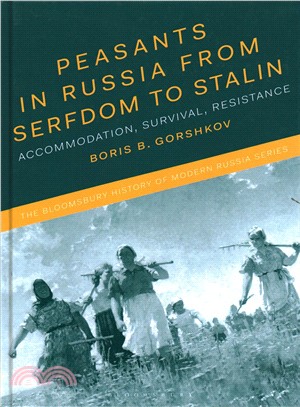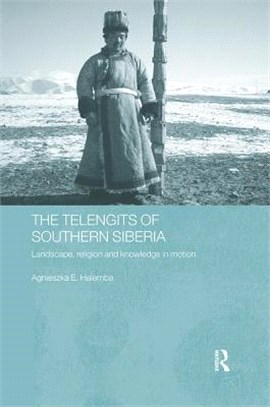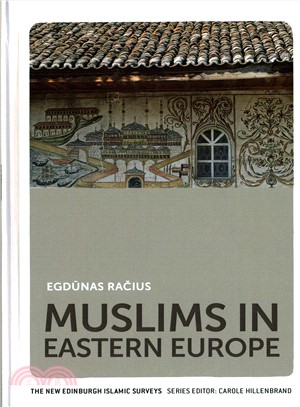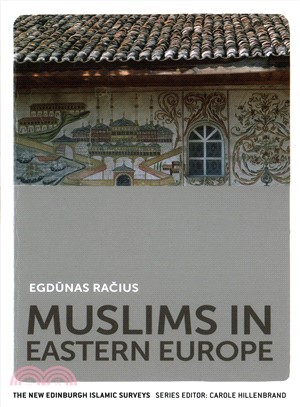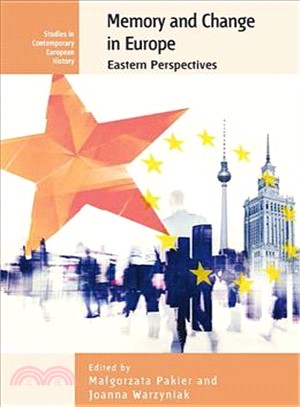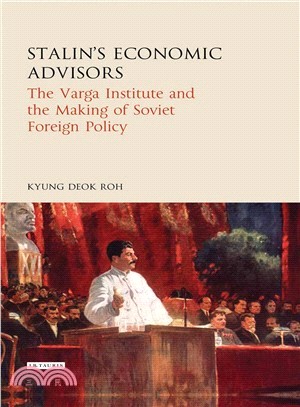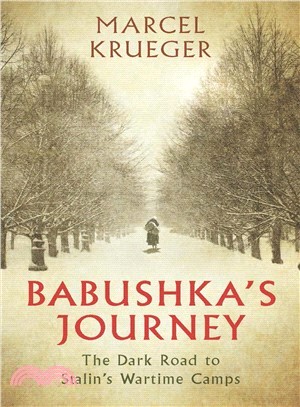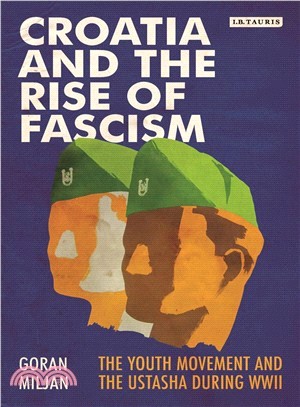共
2902 筆
第12 / 73 頁
若需訂購本書,請電洽客服 02-25006600[分機130、131]。
優惠價:1
1100
無庫存
優惠價:9
2591
無庫存
若需訂購本書,請電洽客服 02-25006600[分機130、131]。
優惠價:9
2267
無庫存
優惠價:1
1000
無庫存
優惠價:9
3236
無庫存
優惠價:1
960
無庫存
優惠價:1
1348
無庫存
若需訂購本書,請電洽客服 02-25006600[分機130、131]。
出版日:2018/03/01
作者:Afanasy I. Belyaev;
Victor Potapov (CRT);
Marilyn Pfeifer Swezey (EDT)
出版社:Holy Trinity Monastery
裝訂:精裝
優惠價:1
1348
無庫存
優惠價:1
2160
無庫存
若需訂購本書,請電洽客服 02-25006600[分機130、131]。
優惠價:1
2300
無庫存
優惠價:1
3900
無庫存
優惠價:9
8640
無庫存
出版日:2018/02/22
作者:Jonathan Daly;
Jonathan Smele (EDT);
Michael Melancon (EDT)
出版社:Bloomsbury USA Academic
裝訂:平裝
優惠價:9
1941
無庫存
出版日:2018/02/22
作者:Jonathan Daly;
Jonathan Smele (EDT);
Michael Melancon (EDT)
出版社:Bloomsbury USA Academic
裝訂:精裝
優惠價:9
6480
無庫存
出版日:2018/02/21
作者:Bernhard Blumenau (EDT);
Jussi M. Hanhim?█ (EDT);
Barbara Zanchetta (EDT)
出版社:Routledge
裝訂:精裝
若需訂購本書,請電洽客服 02-25006600[分機130、131]。
優惠價:79
632
無庫存
優惠價:79
570
無庫存
若需訂購本書,請電洽客服 02-25006600[分機130、131]。
若需訂購本書,請電洽客服 02-25006600[分機130、131]。
優惠價:9
2970
無庫存
優惠價:9
2862
無庫存
優惠價:79
510
無庫存
若需訂購本書,請電洽客服 02-25006600[分機130、131]。
出版日:2018/02/08
作者:Boris B. Gorshkov;
Jonathan Smele (EDT);
Michael Melancon (EDT)
出版社:Bloomsbury USA Academic
裝訂:精裝
優惠價:9
8640
無庫存
優惠價:95
626
無庫存
若需訂購本書,請電洽客服 02-25006600[分機130、131]。
若需訂購本書,請電洽客服 02-25006600[分機130、131]。
優惠價:1
2277
無庫存
若需訂購本書,請電洽客服 02-25006600[分機130、131]。
優惠價:79
1894
無庫存
若需訂購本書,請電洽客服 02-25006600[分機130、131]。
優惠價:1
1350
無庫存
優惠價:1
1650
無庫存
優惠價:9
2589
無庫存
若需訂購本書,請電洽客服 02-25006600[分機130、131]。




